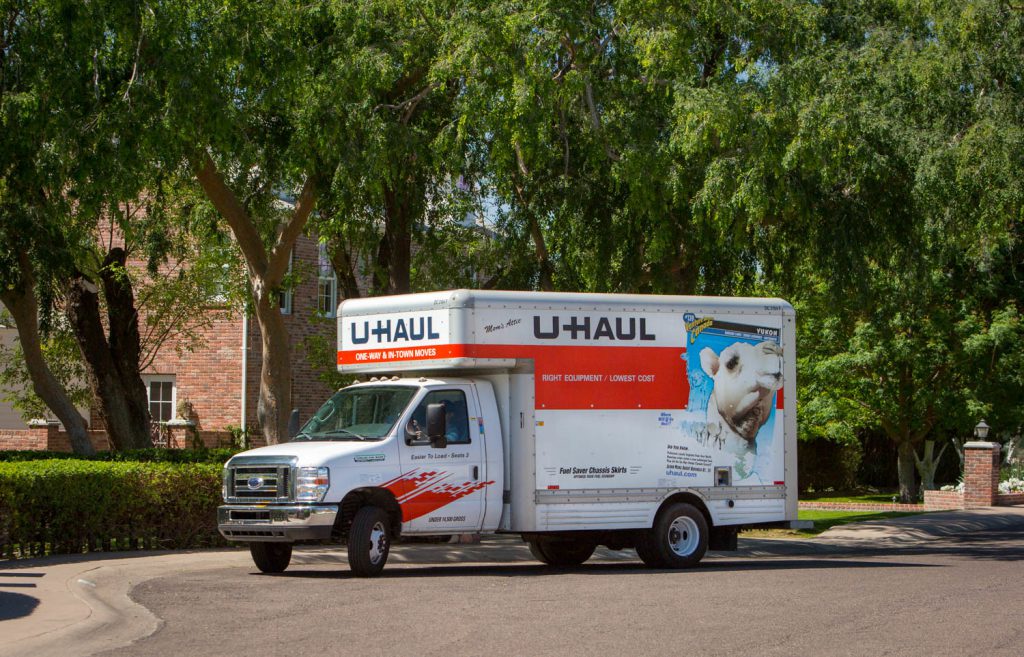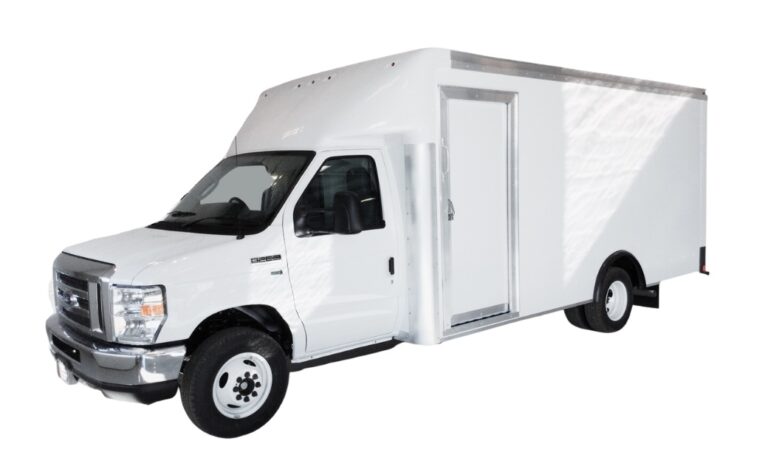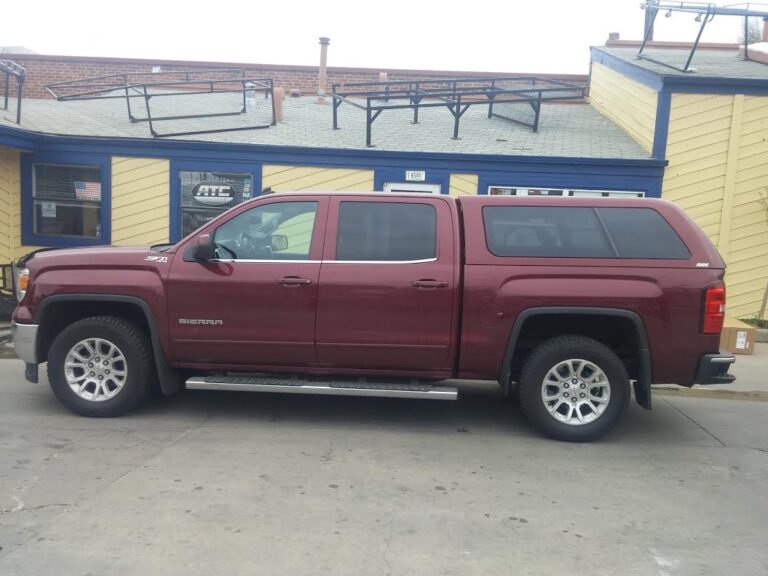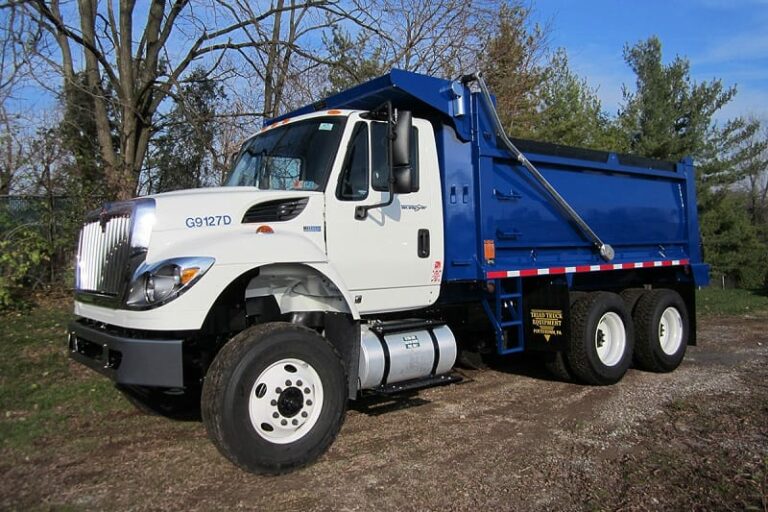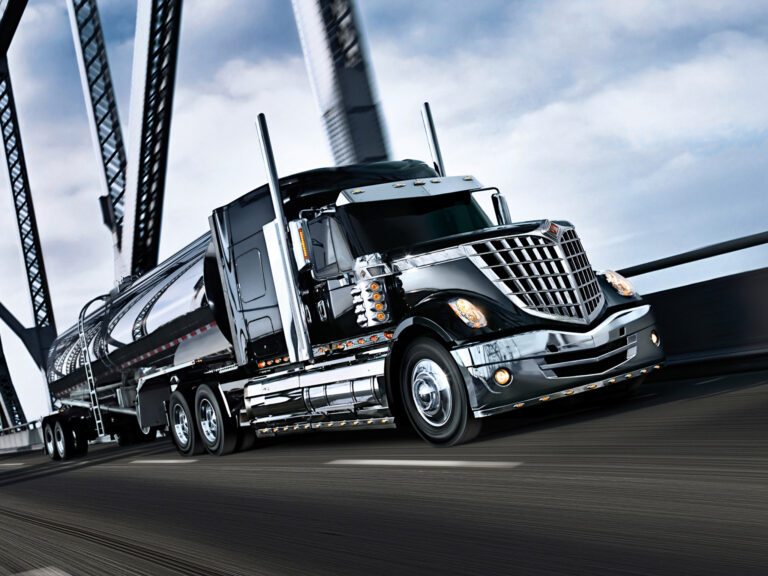U-Haul Trailers For Rental Prices: Your Comprehensive Guide to Affordable Moving and Hauling
U-Haul Trailers For Rental Prices: Your Comprehensive Guide to Affordable Moving and Hauling cars.truckstrend.com
Moving, decluttering, or transporting goods often brings to mind one ubiquitous name: U-Haul. For decades, U-Haul has been the go-to solution for individuals and families tackling DIY moves and hauling projects, primarily through its extensive fleet of rental trucks and, critically, its versatile range of trailers. Understanding U-Haul trailers for rental prices is paramount for anyone planning to utilize these services, as it directly impacts budgeting, decision-making, and the overall efficiency of your project. This article aims to demystify U-Haul trailer rental costs, providing a comprehensive guide to help you navigate the options, understand the factors influencing pricing, and ultimately, secure the best deal for your needs.
Understanding U-Haul Trailer Rental Pricing Philosophy
U-Haul Trailers For Rental Prices: Your Comprehensive Guide to Affordable Moving and Hauling
U-Haul’s pricing model for trailers is designed to be flexible, catering to a wide array of customer needs, from short local hauls to long-distance moves. Unlike their truck rentals, which often have a base rate plus a per-mile charge for local moves, U-Haul trailer rentals typically operate on a flat daily rate for local use. For one-way rentals, the price is usually a fixed rate based on the distance, trailer type, and duration, allowing you to pick up in one city and drop off in another.
Several key principles underpin U-Haul’s pricing:
- Dynamic Pricing: Similar to airline tickets or hotel rooms, U-Haul prices can fluctuate based on demand, availability, location, and even the time of year. Peak moving seasons (summer, end of the month) often see higher prices.
- Local vs. One-Way: Local rentals are typically charged on a daily basis, making them cost-effective for short-term projects within the same area. One-way rentals, while more convenient for long distances, generally come with a higher, fixed rate that includes a specified number of rental days.
- Trailer Type and Size: Larger and more specialized trailers naturally command higher prices. A small utility trailer will be significantly cheaper than a large enclosed cargo trailer or an auto transport.
- Duration: While local rentals are daily, one-way rentals factor in an estimated duration for the trip, with additional charges if you exceed the allotted time.
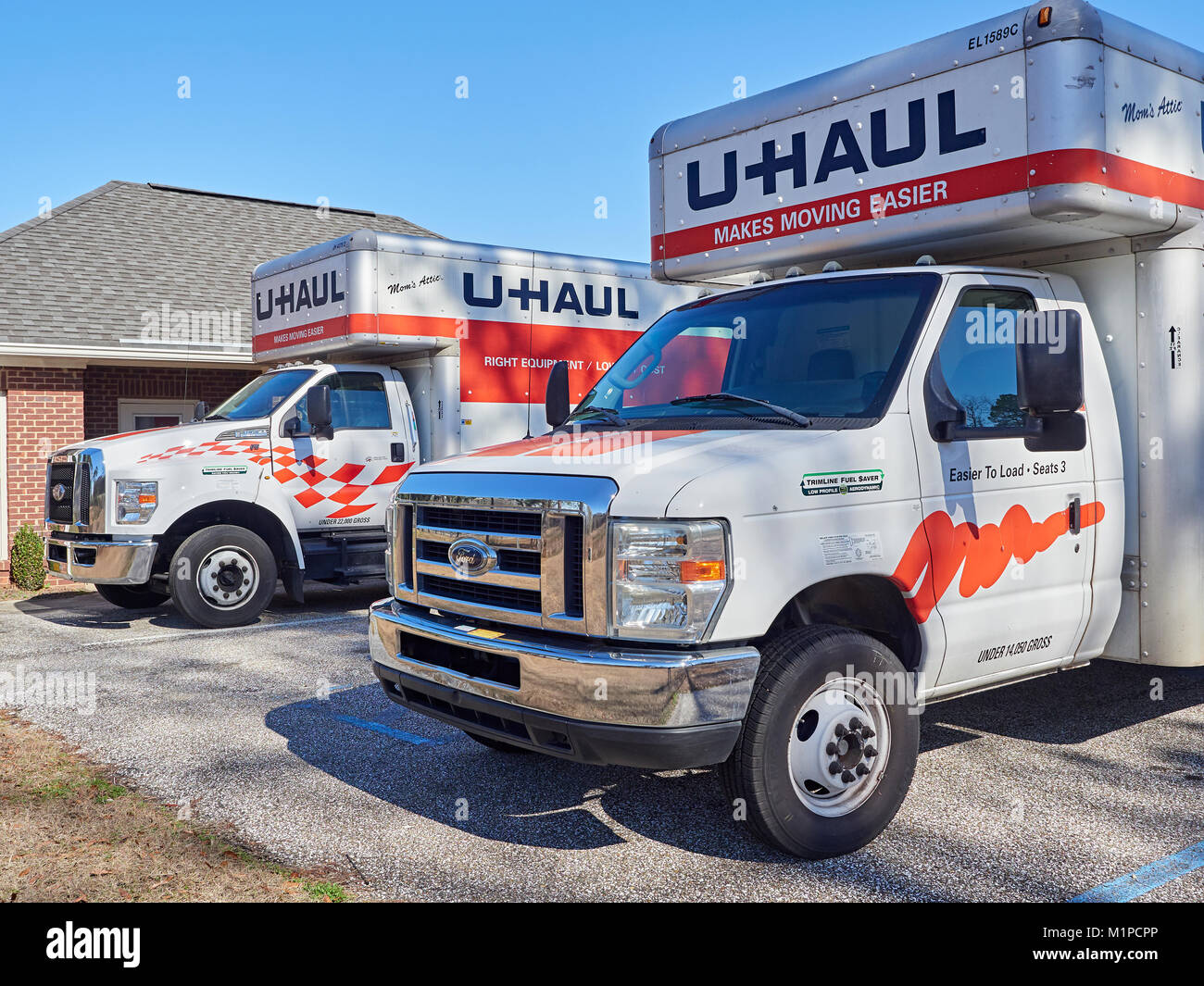
Grasping these fundamental aspects is the first step in accurately estimating your U-Haul trailer rental cost.
Types of U-Haul Trailers and Their General Price Ranges
U-Haul offers a diverse fleet of trailers, each designed for specific hauling needs. Understanding the different types and their typical price ranges is crucial for choosing the right one without overspending. It’s important to remember that the prices listed below are estimated starting points for local daily rentals, and one-way rentals will be significantly higher and vary greatly by distance.
1. Cargo Trailers (Enclosed)
Cargo trailers are fully enclosed, providing protection from the elements and security for your belongings. They are ideal for moving household goods, furniture, and items that need to be kept safe and dry.

- 4×8 Cargo Trailer:
- Description: Smallest enclosed trailer, good for dorm rooms, small apartments, or extra storage.
- Typical Local Daily Price: ~$14.95 – $24.95
- Capacity: 1,600 lbs payload, 142 cu. ft.
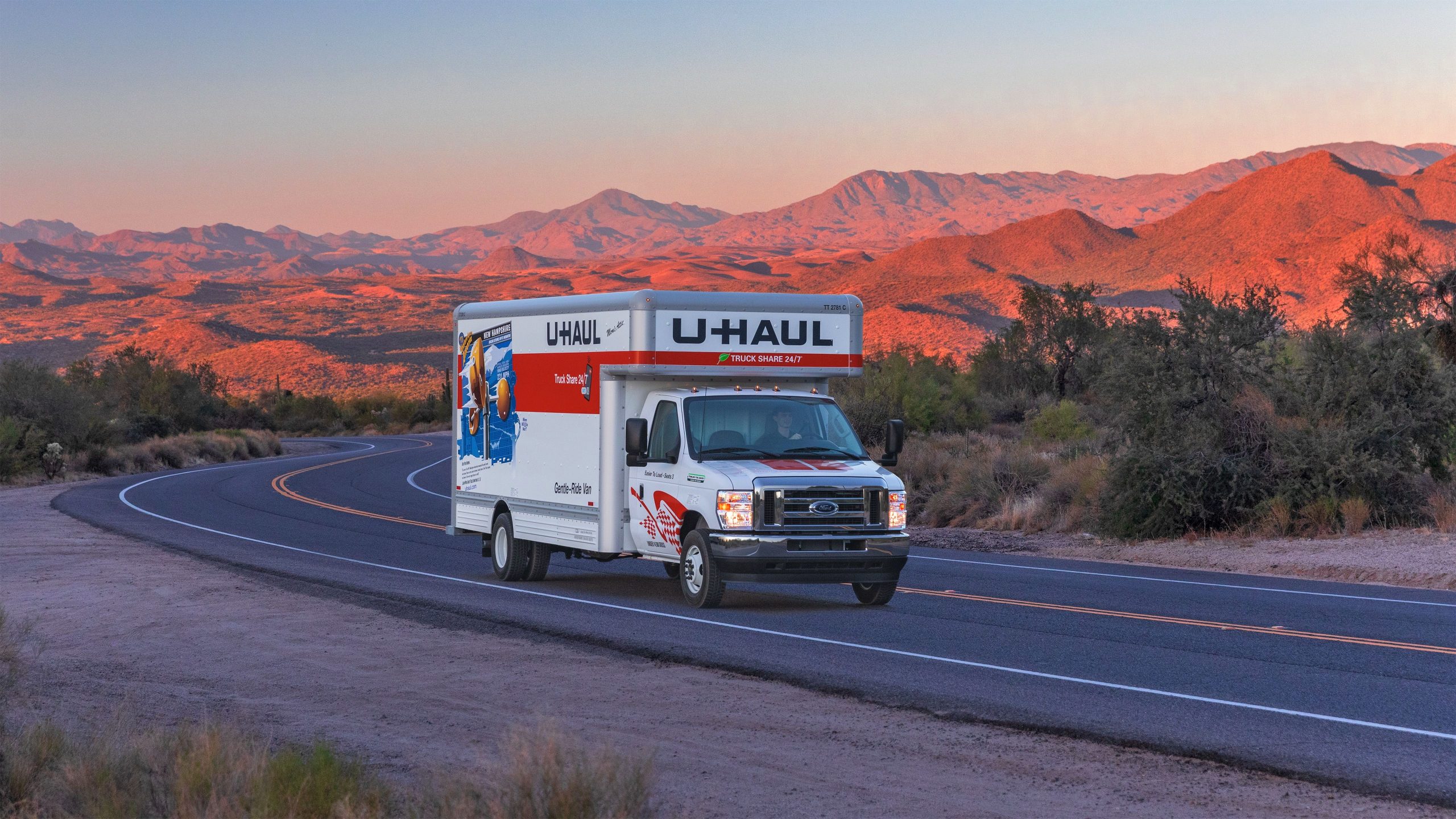
- 5×8 Cargo Trailer:
- Description: A popular choice for small moves, appliances, or hauling equipment.
- Typical Local Daily Price: ~$18.95 – $29.95
- Capacity: 1,800 lbs payload, 208 cu. ft.
- 5×10 Cargo Trailer:
- Description: Suitable for 1-2 bedroom apartments, larger furniture items.
- Typical Local Daily Price: ~$28.95 – $39.95
- Capacity: 1,600 lbs payload, 280 cu. ft.
- 6×12 Cargo Trailer:
- Description: The largest enclosed trailer, ideal for 2-3 bedroom homes, large furniture, or significant hauling projects.
- Typical Local Daily Price: ~$34.95 – $49.95
- Capacity: 2,400 lbs payload, 396 cu. ft.
2. Utility Trailers (Open Top)
Utility trailers are open-top trailers with low sides, designed for hauling irregularly shaped items, yard waste, construction materials, or vehicles that don’t fit in enclosed trailers.
- 4×7 Utility Trailer:
- Description: Smallest utility trailer, perfect for light hauling, ATVs, or small landscaping jobs.
- Typical Local Daily Price: ~$14.95 – $19.95
- Capacity: 1,770 lbs payload
- 5×8 Utility Trailer:
- Description: Versatile for home improvement projects, appliances, or smaller motorcycles.
- Typical Local Daily Price: ~$18.95 – $24.95
- Capacity: 1,890 lbs payload
- 5×9 Utility Trailer with Ramp:
- Description: Features a loading ramp for easy loading of motorcycles, ATVs, or lawn equipment.
- Typical Local Daily Price: ~$24.95 – $34.95
- Capacity: 1,650 lbs payload
- 6×12 Utility Trailer with Ramp:
- Description: Largest utility trailer, often used for large landscaping equipment, multiple motorcycles, or construction materials.
- Typical Local Daily Price: ~$29.95 – $39.95
- Capacity: 2,670 lbs payload
3. Car Trailers (Auto Transports & Tow Dollies)
These trailers are specifically designed for towing vehicles, offering two primary options.
- Tow Dolly:
- Description: Lifts the front wheels of the towed vehicle off the ground. More affordable and lighter.
- Typical Local Daily Price: ~$45 – $65
- Typical One-Way Price: ~$120 – $250+ (highly variable by distance)
- Capacity: Up to 3,450 lbs vehicle weight
- Auto Transport:
- Description: A full car trailer that lifts all four wheels of the towed vehicle off the ground, providing maximum protection.
- Typical Local Daily Price: ~$55 – $75
- Typical One-Way Price: ~$200 – $800+ (highly variable by distance and vehicle type)
- Capacity: Up to 5,290 lbs vehicle weight
Factors Influencing U-Haul Trailer Rental Prices
While the type and size of the trailer are primary drivers of cost, several other factors can significantly influence the final price you pay:
- Rental Duration: Local rentals are typically daily, so more days mean higher cost. One-way rentals include a set number of days; exceeding this incurs additional daily fees.
- Distance (One-Way Rentals): For one-way moves, the longer the distance between pick-up and drop-off locations, the higher the price.
- Pick-up and Drop-off Locations: Prices can vary based on the specific U-Haul location (e.g., higher demand areas might have slightly elevated prices).
- Availability and Demand: During peak moving seasons (summer, holidays, end of the month), demand surges, which can lead to higher prices due to limited availability. Booking in advance is crucial during these times.
- Time of Booking: Booking further in advance might secure a better rate, especially for one-way rentals, though U-Haul’s dynamic pricing can still adjust.
- Add-ons and Accessories:
- Insurance: U-Haul offers Safemove® and Safetow® coverage options, which provide protection for your belongings or the trailer itself. While optional, these add to the cost.
- Towing Accessories: If your vehicle isn’t equipped, you might need to purchase or rent a hitch, ball mount, or wiring harness from U-Haul, adding to your initial outlay.
- Moving Supplies: Boxes, tape, dollies, and furniture pads are available for purchase but are not included in the rental price.
- Promotions and Discounts: Keep an eye out for seasonal promotions or online discounts that U-Haul might offer.
How to Get an Accurate U-Haul Trailer Rental Quote
Given the dynamic nature of U-Haul’s pricing, the most reliable way to determine your specific cost is to get a direct quote. Here’s how:
- Visit the U-Haul Website or Use the App: Go to Uhaul.com or open the U-Haul mobile app.
- Enter Pick-up and Drop-off Locations: Specify if it’s a local round trip or a one-way move.
- Select Dates and Times: Choose your desired pick-up and return dates and times.
- Specify Trailer Type/Size: Browse the available trailers and select the one that best fits your needs.
- Review the Quote: The system will generate a detailed quote showing the base rental rate, estimated taxes, and any applicable fees. It will also prompt you for insurance options.
- Consider Reservation: Once you have your quote, you can often reserve the trailer immediately to lock in the price and ensure availability.
Actionable Insight: Always get a direct quote for your specific dates, locations, and trailer type. Do not rely solely on general price lists, as they are merely estimates.
Important Considerations Beyond the Price Tag
While price is a major factor, several other considerations are vital for a successful and safe trailer rental experience:
- Towing Vehicle Compatibility: This is paramount. Your towing vehicle must have the appropriate towing capacity for the loaded trailer, a properly installed hitch receiver, a hitch ball of the correct size, and working electrical connections for trailer lights. U-Haul has a detailed system on its website to check your vehicle’s compatibility.
- Towing Capacity: Never exceed your vehicle’s maximum towing capacity. This is a safety hazard and could void insurance.
- Hitch and Wiring: Ensure your vehicle has a suitable hitch receiver and a 4-pin or 7-pin wiring harness for trailer lights. U-Haul can install these for a fee if needed.
- Insurance Options: U-Haul offers Safemove (for goods) and Safetow (for the trailer itself). While your personal auto insurance might offer some coverage, it’s often limited for rental trailers. Consider these options for peace of mind.
- Safety Checks: Before driving off, perform a thorough safety check: ensure the trailer is securely hitched, the safety chains are crossed and attached, the lights are working, and the tires are properly inflated.
- Fuel Consumption: Remember that towing a trailer significantly increases your towing vehicle’s fuel consumption, adding to the overall cost of your project.
- Tolls and Parking: Factor in potential tolls on your route and ensure you have adequate space for parking the trailer at your destination.
Tips for Saving Money on U-Haul Trailer Rentals
Even with dynamic pricing, there are strategies you can employ to potentially lower your U-Haul trailer rental costs:
- Book in Advance: Especially for one-way rentals or during peak season, booking several weeks out can often secure a better rate and ensure availability of your preferred trailer type.
- Be Flexible with Dates: If your schedule allows, avoid renting during peak times like weekends, holidays, or the last and first days of the month. Mid-week, mid-month rentals often come with lower demand and potentially lower prices.
- Consider a Smaller Trailer: If you’re on the fence between two sizes, meticulously plan your load. A smaller trailer, if it can safely accommodate your items, will be cheaper to rent and potentially more fuel-efficient to tow.
- Understand Local vs. One-Way: For short distances (e.g., moving within the same city), a local round-trip rental is almost always cheaper than a one-way option.
- Check for Discounts: Periodically check the U-Haul website for any ongoing promotions or special offers.
- Self-Pack and Load Efficiently: Maximize the space in your chosen trailer by packing efficiently. This might allow you to opt for a smaller, less expensive trailer.
- Return on Time: Late returns can incur additional daily charges, quickly adding up. Plan your schedule to return the trailer promptly.
- Clean Before Returning: Avoid potential cleaning fees by returning the trailer in the same condition you received it.
U-Haul Trailer Rental Price Table (Estimated Ranges)
Please note: These are estimated starting price ranges for local daily rentals and typical starting one-way costs. Actual prices are dynamic and depend on location, demand, distance, and duration. Always get a direct quote from U-Haul for accurate pricing.
| Trailer Type | Size | Capacity (Payload/Volume) | Est. Local Daily Price (Low) | Est. One-Way Price (Starting Low) | Key Features / Best For |
|---|---|---|---|---|---|
| Cargo Trailers | (Enclosed, Secure) | ||||
| 4×8 | 1,600 lbs / 142 cu. ft. | $14.95 – $24.95 | $150 – $400+ | Small moves, dorms, extra storage | |
| 5×8 | 1,800 lbs / 208 cu. ft. | $18.95 – $29.95 | $180 – $500+ | Small apts, appliances, light hauling | |
| 5×10 | 1,600 lbs / 280 cu. ft. | $28.95 – $39.95 | $250 – $600+ | 1-2 bedroom apts, larger furniture | |
| 6×12 | 2,400 lbs / 396 cu. ft. | $34.95 – $49.95 | $300 – $800+ | 2-3 bedroom homes, large items | |
| Utility Trailers | (Open Top, Versatile) | ||||
| 4×7 | 1,770 lbs | $14.95 – $19.95 | Not typically available | ATVs, small landscaping jobs | |
| 5×8 | 1,890 lbs | $18.95 – $24.95 | Not typically available | Home improvement, appliances | |
| 5×9 (w/ Ramp) | 1,650 lbs | $24.95 – $34.95 | Not typically available | Motorcycles, ATVs, lawn equipment | |
| 6×12 (w/ Ramp) | 2,670 lbs | $29.95 – $39.95 | Not typically available | Large landscaping, multiple motorcycles, construction | |
| Car Trailers | (For Vehicle Transport) | ||||
| Tow Dolly | Up to 3,450 lbs vehicle | $45 – $65 | $120 – $250+ | Front-wheel lift, more economical, for specific vehicles | |
| Auto Transport | Up to 5,290 lbs vehicle | $55 – $75 | $200 – $800+ | Full car trailer, all four wheels up, maximum protection |
Frequently Asked Questions (FAQ)
Q1: How is U-Haul trailer pricing determined?
A1: Prices are dynamic and depend on several factors: trailer type and size, rental duration (daily for local, fixed days for one-way), distance (for one-way), pick-up/drop-off locations, availability, and demand.
Q2: Can I rent a U-Haul trailer one-way?
A2: Yes, U-Haul offers one-way rentals for most of its cargo and car trailers. Utility trailers are generally for local, round-trip use only. One-way prices are fixed rates based on distance and typically include a set number of rental days.
Q3: What’s included in the basic rental price?
A3: The basic rental price covers the use of the trailer for the specified period. It does not typically include insurance, moving supplies, hitches, or fuel for your towing vehicle. Taxes and environmental fees are usually added to the base rate.
Q4: Are there any hidden fees for U-Haul trailer rentals?
A4: U-Haul aims for transparent pricing. "Hidden fees" are usually avoidable costs if you understand the terms. These can include late return fees, cleaning fees if the trailer is returned excessively dirty, or charges for exceeding the allotted mileage/days on one-way rentals. Always review your quote carefully.
Q5: Do I need insurance for a U-Haul trailer?
A5: While not legally mandatory in most places, it is highly recommended. Your personal auto insurance may not fully cover rental trailers. U-Haul offers Safetow® (for damage to the trailer) and Safemove® (for damage to your belongings in a cargo trailer) for purchase, providing added peace of mind.
Q6: Can I just show up and rent a trailer, or do I need a reservation?
A6: While walk-ins are sometimes possible, especially for smaller utility trailers during off-peak times, it is always recommended to make a reservation. This guarantees the availability of your desired trailer type and size, especially for cargo or auto transport trailers, and can help lock in your price.
Q7: What do I need to rent a U-Haul trailer?
A7: You will need a valid driver’s license, a major credit card (debit cards may have restrictions), and a compatible towing vehicle equipped with the correct hitch, hitch ball, and working electrical connections for trailer lights.
Conclusion
Navigating U-Haul trailers for rental prices doesn’t have to be a complex ordeal. By understanding the different types of trailers, the factors that influence their cost, and how to obtain an accurate quote, you can make informed decisions that align with your budget and hauling needs. While U-Haul’s dynamic pricing means exact figures are elusive until you get a direct quote, this guide provides the essential knowledge to anticipate costs and identify potential savings. Remember to prioritize safety by ensuring your towing vehicle is compatible and properly equipped. With careful planning and a clear understanding of the pricing structure, your U-Haul trailer rental experience can be a smooth, efficient, and cost-effective solution for all your moving and hauling projects.
